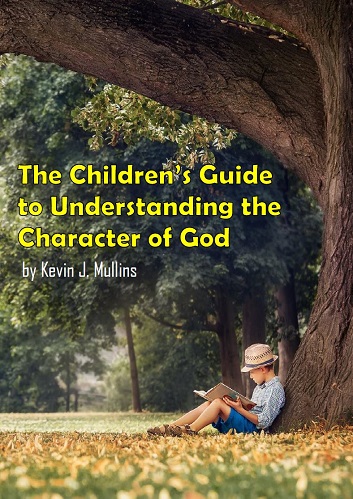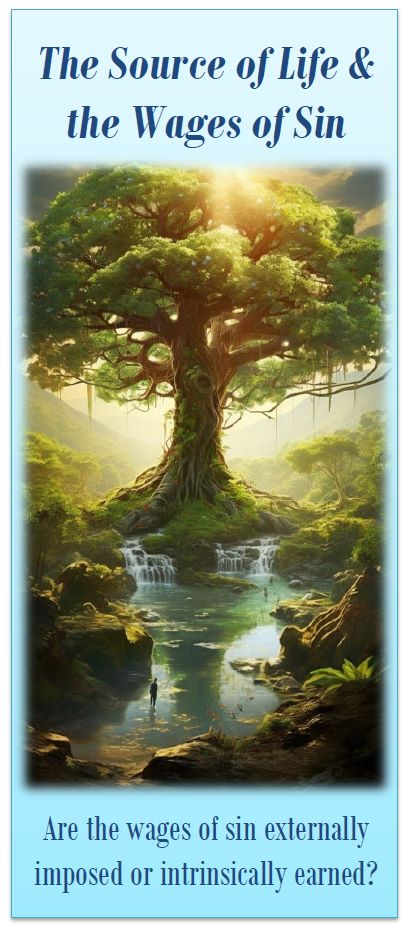Questions Concerning Feast Days and Sabbaths
Please Note:
In order to find specific Bible passages easier, I have recently reorganized these articles into biblical chronological order. To do so, I had to rearrange the posted dates. Any new updates to articles will display the actual date at the beginning of the article.
The questions and answers in this section deal with whether or not God's Holy Days are to be observed by Christians.

.png)




